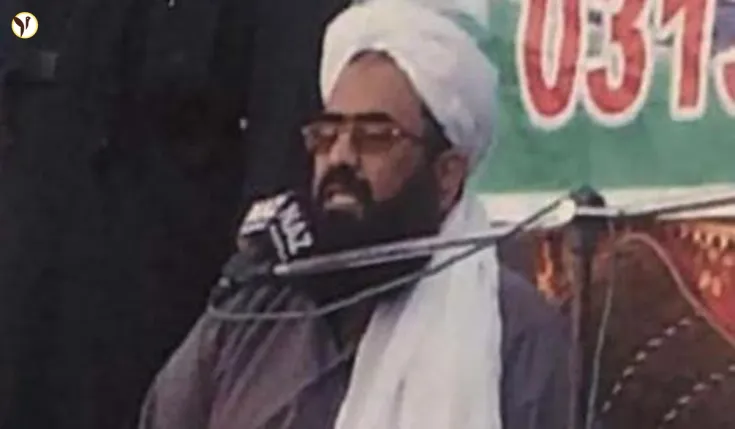Operation Sindoor: The Death of Abdul Rauf Azhar
In a significant development, India's Operation Sindoor has reportedly eliminated Abdul Rauf Azhar, the mastermind behind the 1999 Indian Airlines Flight 814 hijacking and the younger brother of Jaish-e-Mohammed (JeM) leader Masood Azhar. This operation, details of which remain partially unclear, has sent shockwaves across the region and sparked international discussion. The reported killing of Azhar, along with 14 family members, marks a potential turning point in India's fight against terrorism.
Who Was Abdul Rauf Azhar?
Abdul Rauf Azhar was far more than just Masood Azhar's brother; he was a key figure in JeM, a globally designated terrorist organization. At just 24, he masterminded the IC-814 hijacking, a harrowing event that resulted in the controversial release of his brother and several other terrorists. This act alone cemented his place as a major player in global terrorism. His influence extended beyond the IC-814 incident; he was allegedly involved in numerous other attacks, including the 2002 murder of Wall Street Journal reporter Daniel Pearl, the 2001 attacks on the Jammu and Kashmir Legislative Assembly and the Indian Parliament, the 2016 Pathankot airbase attack, and the devastating 2019 Pulwama attack that killed 40 CRPF personnel. He was considered the operational head of JeM, making crucial decisions, especially during his brother's periods of illness. His death, therefore, represents a major blow to the organization. This is a major victory for India, following years of frustration and loss. India has repeatedly called him out for his role in this devastating incident.
- Key Role in JeM: Operational head, crucial decision-maker.
- Mastermind of IC-814 Hijacking: A defining moment in India-Pakistan relations.
- Involvement in Multiple Attacks: Pathankot, Pulwama, and the murder of Daniel Pearl.
Operation Sindoor: Details and Aftermath
Operation Sindoor, launched in response to a terrorist attack in Pahalgam, Kashmir, involved precision strikes on nine terrorist camps across Pakistan and Pakistan-administered Kashmir (PoK). The targets included training facilities and operational hubs of JeM, Lashkar-e-Taiba (LeT), and Hizbul Mujahideen. While the Indian government has confirmed the operation and the death of Abdul Rauf Azhar, specific details remain sparse, adding to the complexity of the situation. The reported use of sophisticated technology, including the S-400 air defence system, highlights India’s technological capabilities and the significant resources committed to this operation.
- Targets: Multiple terrorist camps in Bahawalpur, Muridke, Muzaffarabad, and other locations.
- Outcome: Reported deaths of Abdul Rauf Azhar and many others, destruction of terrorist infrastructure.
- Pakistan's Response: Condemnation of the strikes and claims of downed drones and civilian casualties. These claims remain contested.
International Reactions and the Path Ahead
The international community has responded with a mix of concern and cautious support. While some nations have called for restraint and de-escalation, others have acknowledged India’s right to self-defense. The elimination of a high-value terrorist like Abdul Rauf Azhar is a significant development but does not guarantee lasting peace. The situation remains tense, with the potential for further escalation. Enhanced security measures and potential diplomatic engagements will be crucial in navigating the aftermath of Operation Sindoor. The long-term implications for regional stability and India-Pakistan relations are still unfolding.
Conclusion
Operation Sindoor and the reported death of Abdul Rauf Azhar represent a bold move by India in its ongoing fight against terrorism. The operation's success, however, is intertwined with complexities and uncertainties. The lack of complete transparency and the potential for retaliatory actions necessitate a cautious and measured approach from all parties involved. The coming days will be crucial in determining the long-term impact of this operation on regional security and the future of India-Pakistan relations. The death of Abdul Rauf Azhar may signify a new chapter in the conflict, but it certainly will not be the end.






